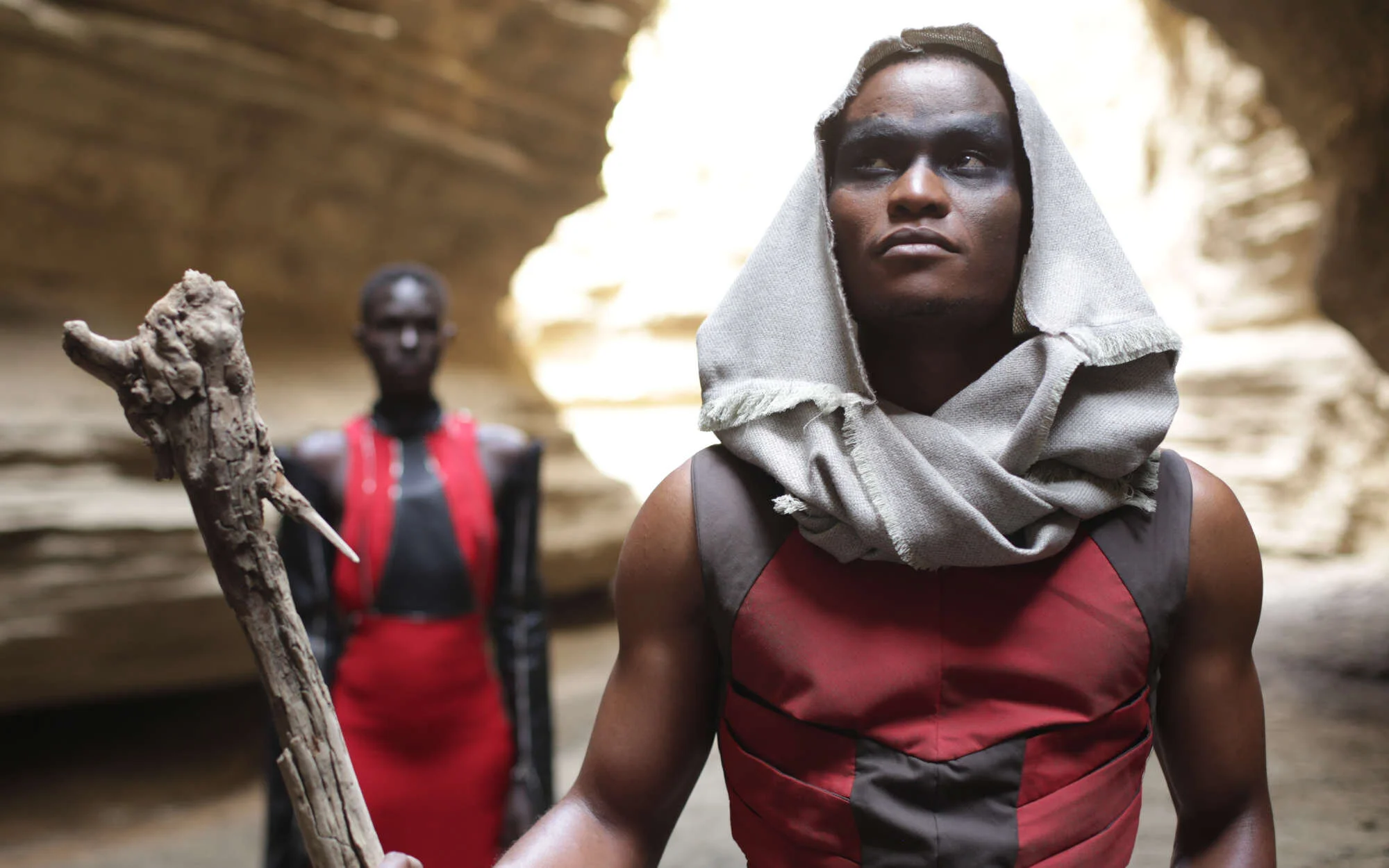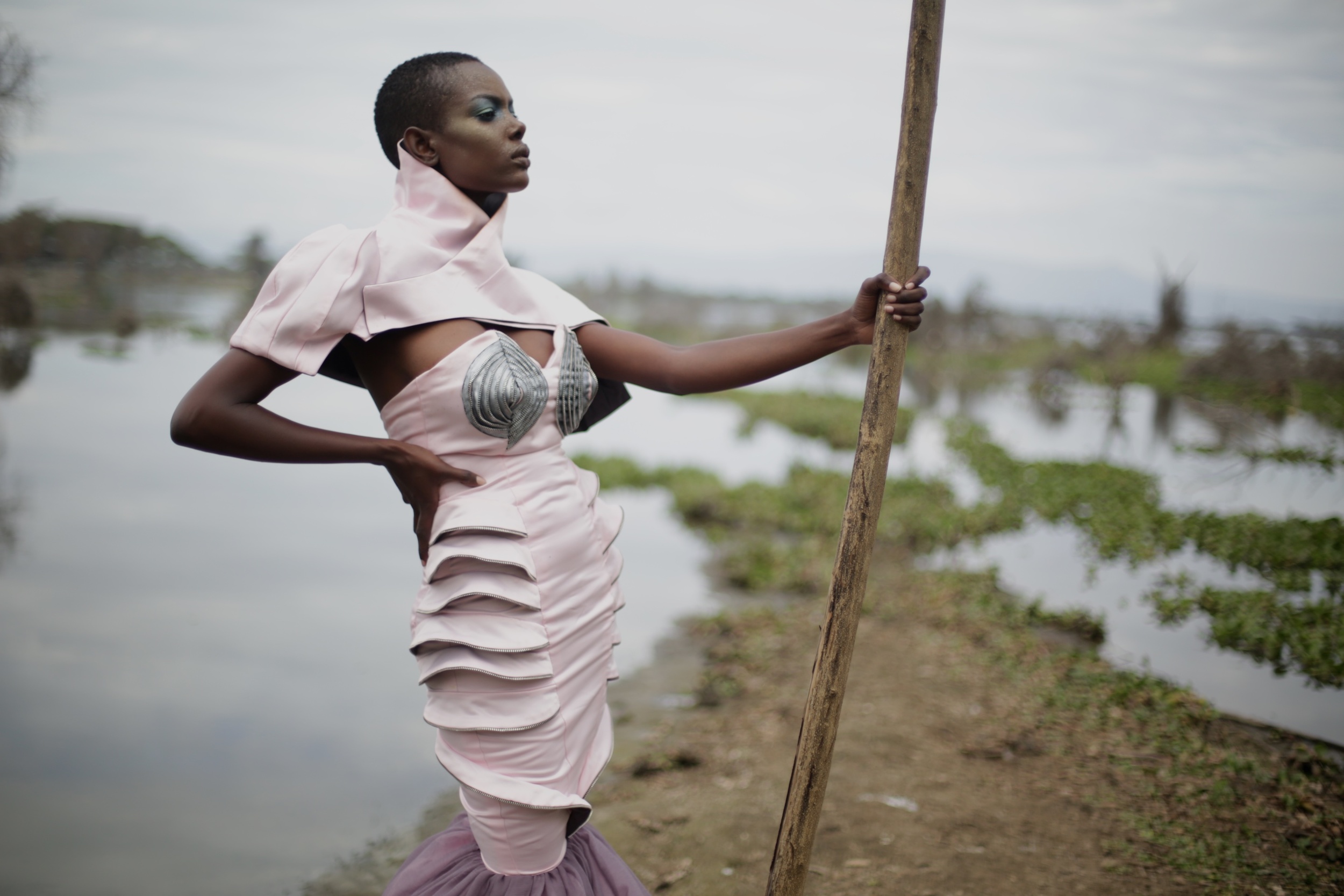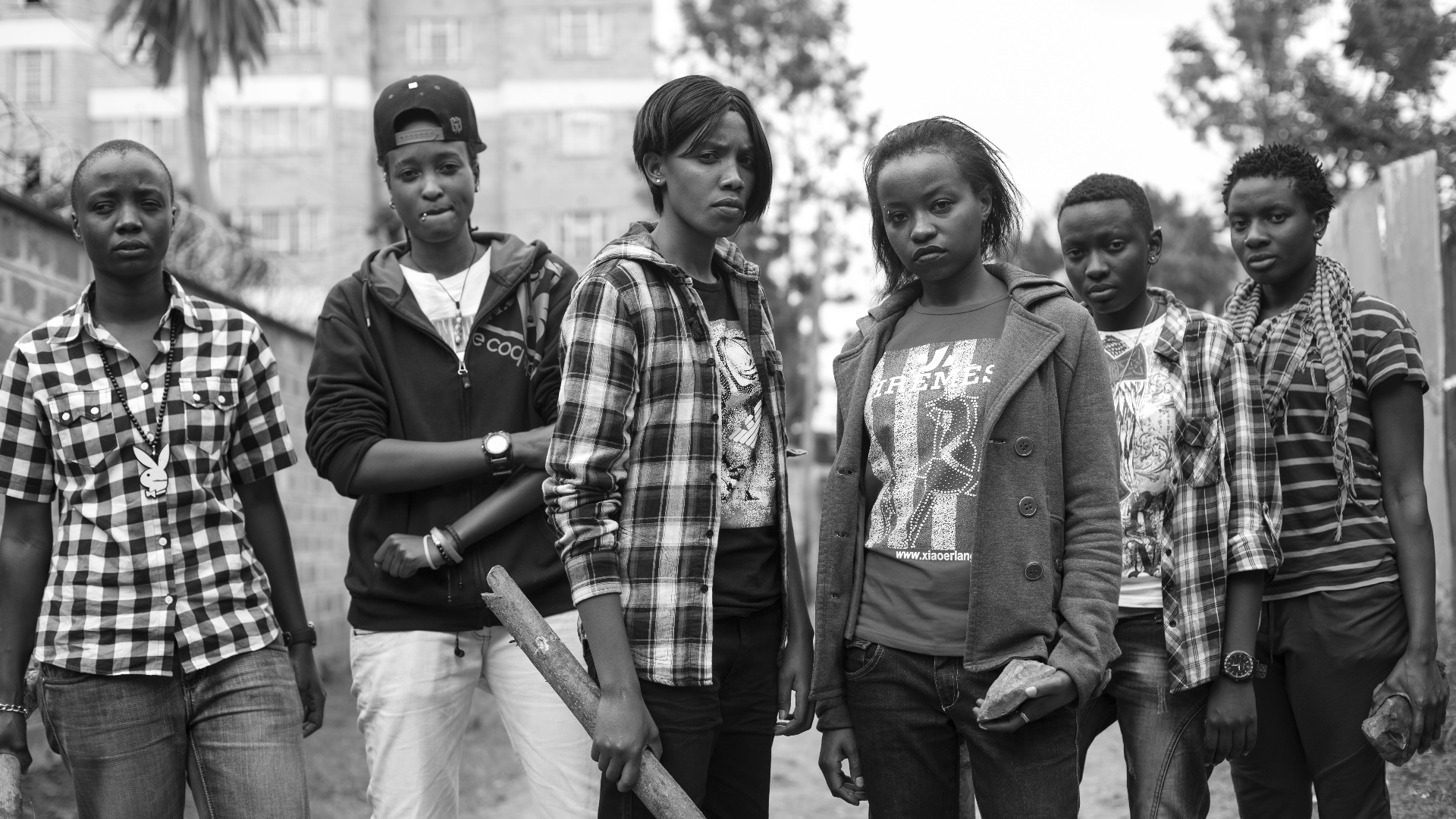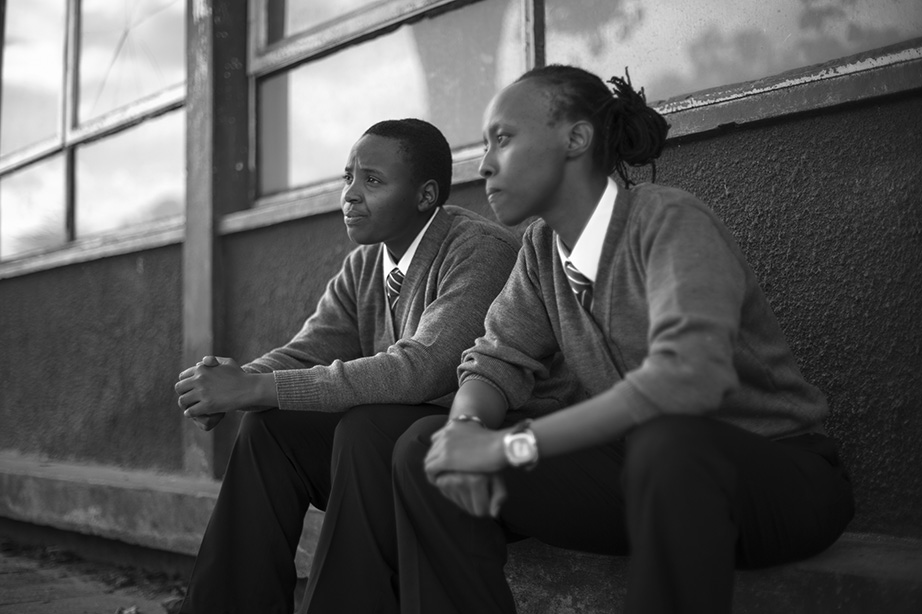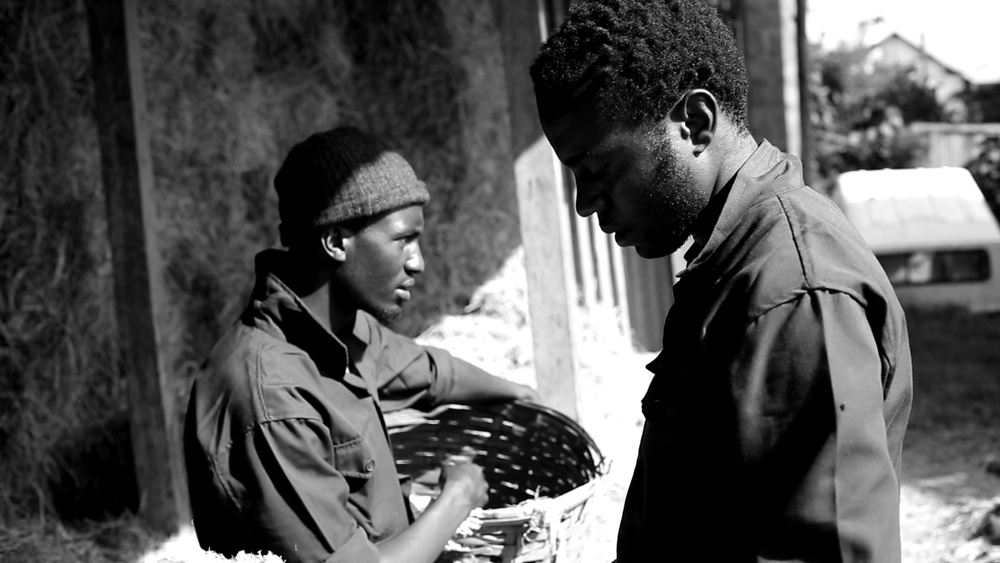The Nest collective is nurturing Nairobi’s creative industries with its revolutionary, multidisciplinary output
In little over three years, the Nest Collective have got up to a lot of mischief. Billed as “a small army of thinkers, makers and believers,” they have, among other things, participated in Design Indaba in Cape Town and Africa Utopia in London, had their work selected for the Toronto, BFI and MoMA film festivals, won the Special Jury Prize at the Berlinale Teddy Awards and managed to get themselves arrested. These extremes are to be expected from this multi disciplinary, Nairobi-based crew who dedicate themselves to pushing beyond the norm through fashion, theatre, music, film and art.
“We ask questions about who we are and our place in the world, explore our troubling modern identities and re-imagine our pasts by remixing our futures,” says Sunny Dolat and Dr Njoki Ngumi who form the Nest alongside directors Jim Chuchu and George Gachara among others. “We’re interested in the politics of otherness – queerness, blackness – through the lens of living and working in Kenya.”
Dolat is a stylist and photographer who heads up the collective’s fashion projects under the banner of Chico Leco. Ngumi, a former GP, looks after outreach. “She was also my head girl at school,” Dolat chuckles. He started making fashion shorts with Nairobi’s best designers for the Nest. This process developed into last year’s To Catch A Dream – a short film starring celebrated model Ajuma Nasenyana as a grieving widow who resorts to mystic measures in an attempt to tame her recurring nightmares. “It was Ajuma’s idea for everyone to speak their own language, from Eritrean to little known dialects, which really added to the atmosphere of the story,” Dolat says of the film in which he styled the cast in looks by the likes of Ann McCreath, Adèle Dejak and Ami Doshi.
To Catch A Dream
Another big project has been Stories Of Our Lives, a film and subsequent book that document the everyday tales of LGBTI Kenyans. “The idea was born in the chaos surrounding Uganda’s Anti-Homosexuality Act in 2013 and this nonsense started weaving its way to Kenya that homosexuality wasn’t African. We wanted to combat negative narratives by telling stories about ordinary lives – growing up, realising that you are different, your first kiss, first love, family relationships and hopes for the future,” says Ngumi.
The team spent two years conducting anonymous interviews with 250 people around the country and chose five to turn into fictional vignettes for the film played out authentically by both professional and amateur actors of all orientations. After a couple of small community screenings it went to Toronto and then the Nest decided to apply for Kenyan film classification. “After four days of strange calls and questions from officials, we received a Rated restricted, which meant we couldn’t sell it or screen it, publicly or privately, in Kenya. Then the police arrested George (co-producer) and levied charges against him for shooting a film without a license. It went to a court hearing but eventually the judge dropped the charges conditionally. Our biggest disappointment is that those who gave us their stories have not been dignified with being able to see it. Luckily it has still be screened across the world and the anthology also carries most of the stories too.”
Stories Of Our Lives trailer
This courageous film is still banned at home despite the fact that it contains no sexual content and in South Africa it was rated PG10. The country’s laws allow for up to 14 years in jail for engaging in homosexual acts and harassment and arrests are commonplace. “Kenya likes to project very upright, Christian moral values but in fact we’re the biggest consumers of gay porn in the world,” Dolat laughs. “Stories Of Our Lives has been a long journey that joins organisations and activists on the front line who are making legal headway for queer identities in the public arena. We hope the kind of energy our work occupies in social and cultural spaces is helping to create the change we’d like to see.”
Most recently the Nest has been instrumental in launching the Heva fund, which supports emerging artists in the fields of fashion, craft and music. Six people were selected from over 90 applications for the first programme and are now receiving investment, skills training and business management. “We want to grow the creative economy in east Africa by bridging gaps allowing enterprises to scale up and connect with both home and international markets,” says Ngumi. “It’s a boutique offering that we can keep tailor-made to each recipient and when they’ve paid back their loans, that money goes to the next intake.” So far Dolat reports that they’ve seen best success with fashion designers including Katungula Mwendwa, Katchy Kollection, ZikoAfrika and Kepha Maina. “Fashion in Kenya is popping and ready to be accessed globally so we want eyes to be open to the beautiful things being made here. It’s an exciting time with a lot of young talent moving away from prints and creating a minimalist sensibility.”
Currently working on a street photography project, a web series and numerous scripts, expect more greatness from the Nest in 2016. And keep that bail money handy, just in case.
Visit the Nest Collective

